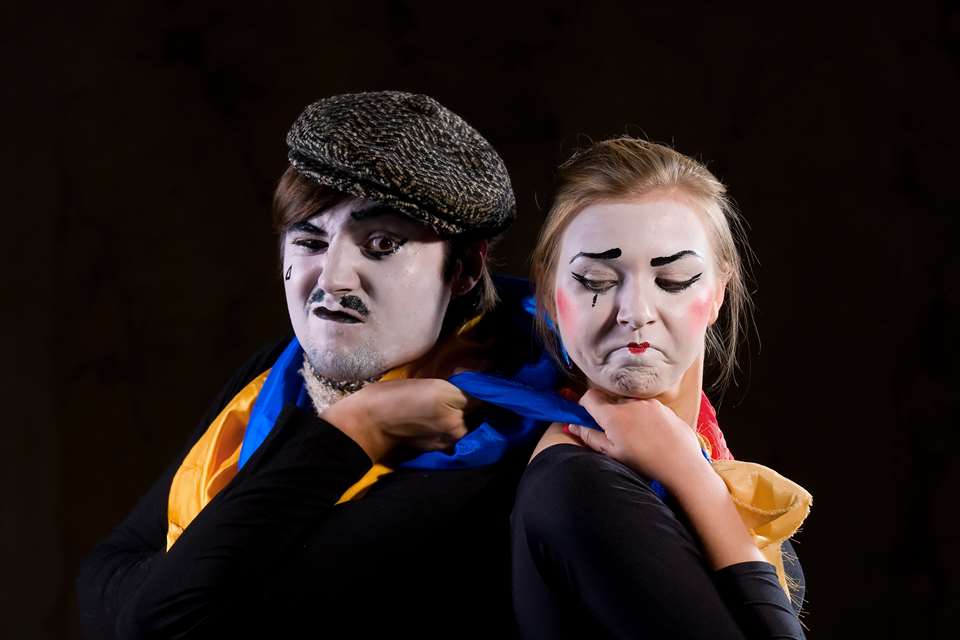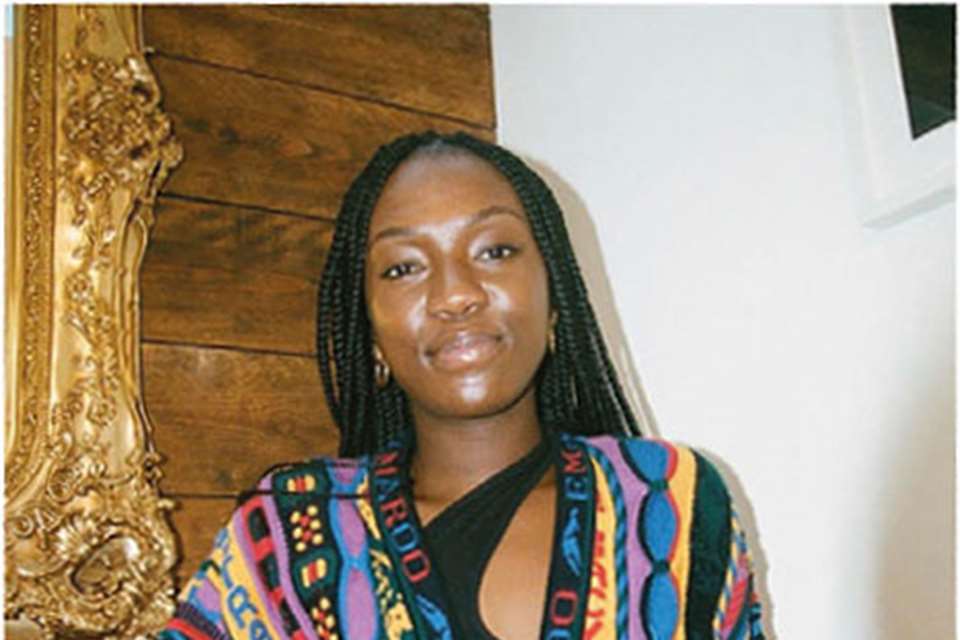Why we need to make the language of assessment criteria more transparent
Onur Orkut
Monday, May 1, 2023
Why we need to make the language of assessment criteria more transparent.

‘That was wonderful darling.’
But was it? Was it really? Or were you affected because you had a particular emotional connection to the content of the piece? What is wonderful anyway? Simpler yet, what is ‘good’ acting?
‘I know it when I see it.’
So you know what good acting looks like. Great. Is it possible to communicate your expectation to your students so they don’t have to guess? Could you give them tangible ways to practise to achieve ‘good acting’ based on what the outcome looks or feels like? Is it possible to devise robust, clear, criteria that define a grade and are easy to communicate to students to conduct reliable, fair and valid assessments?
‘I’m a professional. An expert in the field.’
Yes, but you are also a connoisseur. Do you think when you assess, you are truly freed from your tastes? Do you differentiate between expertise and connoisseurship?
‘Acting is in the moment. It is ethereal, and as described by seminal practitioners; mysterious, sacred, impossible to teach.’
Yet here we are, assessing and grading performances as guided by the Quality Assurance Agency’s Benchmark Statements. I was once given criteria by a fellow lecturer to assess final year students. They included ‘truth’ and ‘believability’. How do we assess ‘believability’ reliably and with validity? What makes a performance ‘believable’? Isn’t theatre about suspending disbelief? And isn’t it the audience’s job to suspend their disbelief? Does the audience really believe that an actor murders another actor? Or do they suspend their disbelief and just get on with it?
As a lecturer specialising in acting, musical theatre and higher education, I have been focusing on the reliability and validity of assessment, particularly in acting.
I focus on devising clear, transparent criteria that are valid, assessable, reliable and as such are inclusive, achievable and not mysterious. I aim to challenge the western (Euro-American) notion of ‘good acting’ as constructed by Stanislavski and following the western practitioners we still teach in UK drama schools.
My research is also leading me towards science. I posit that biological and neurological processes will soon be able to deconstruct acting as a process as part of our evolution and survival and will show us that it is neither mysterious nor sacred.






